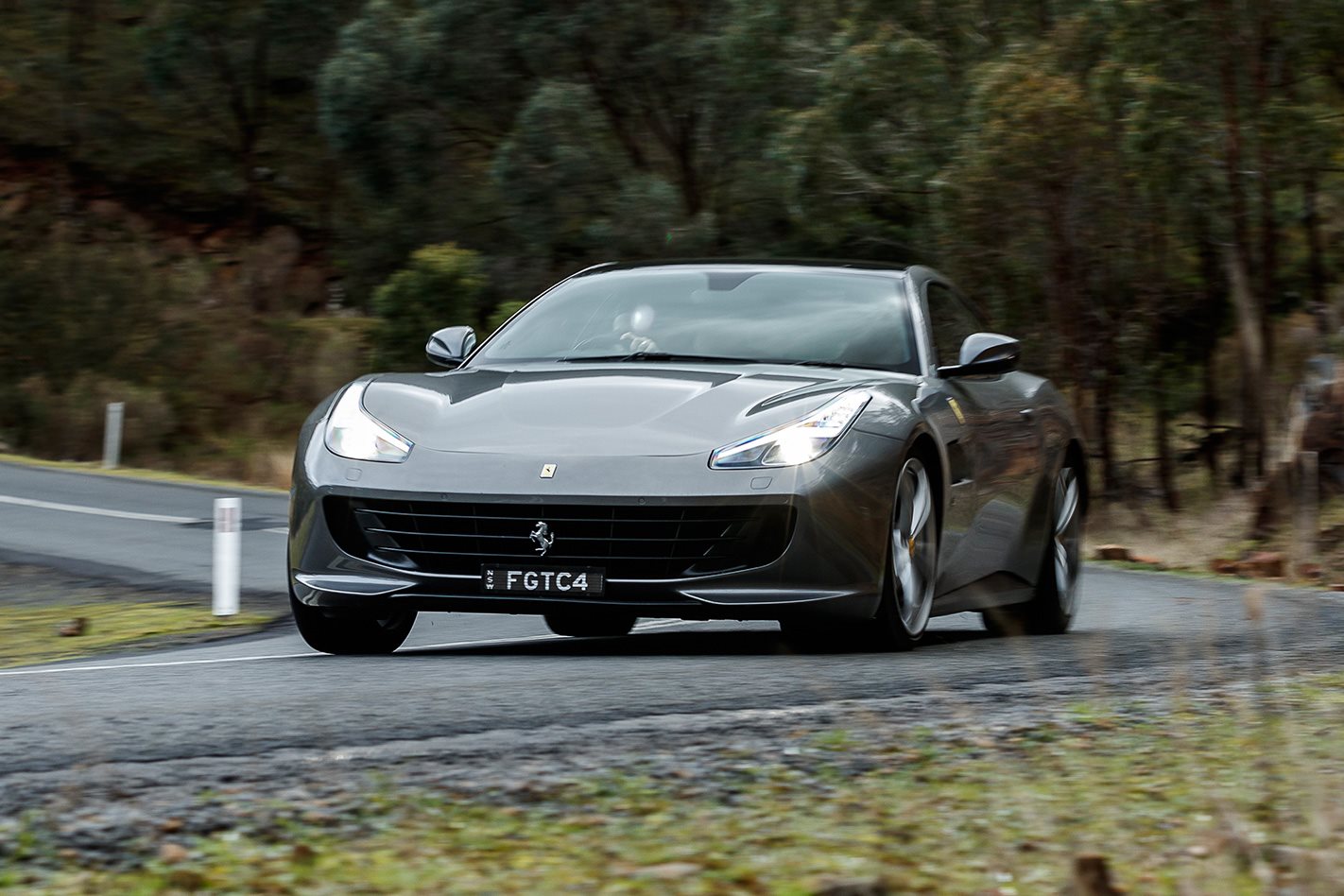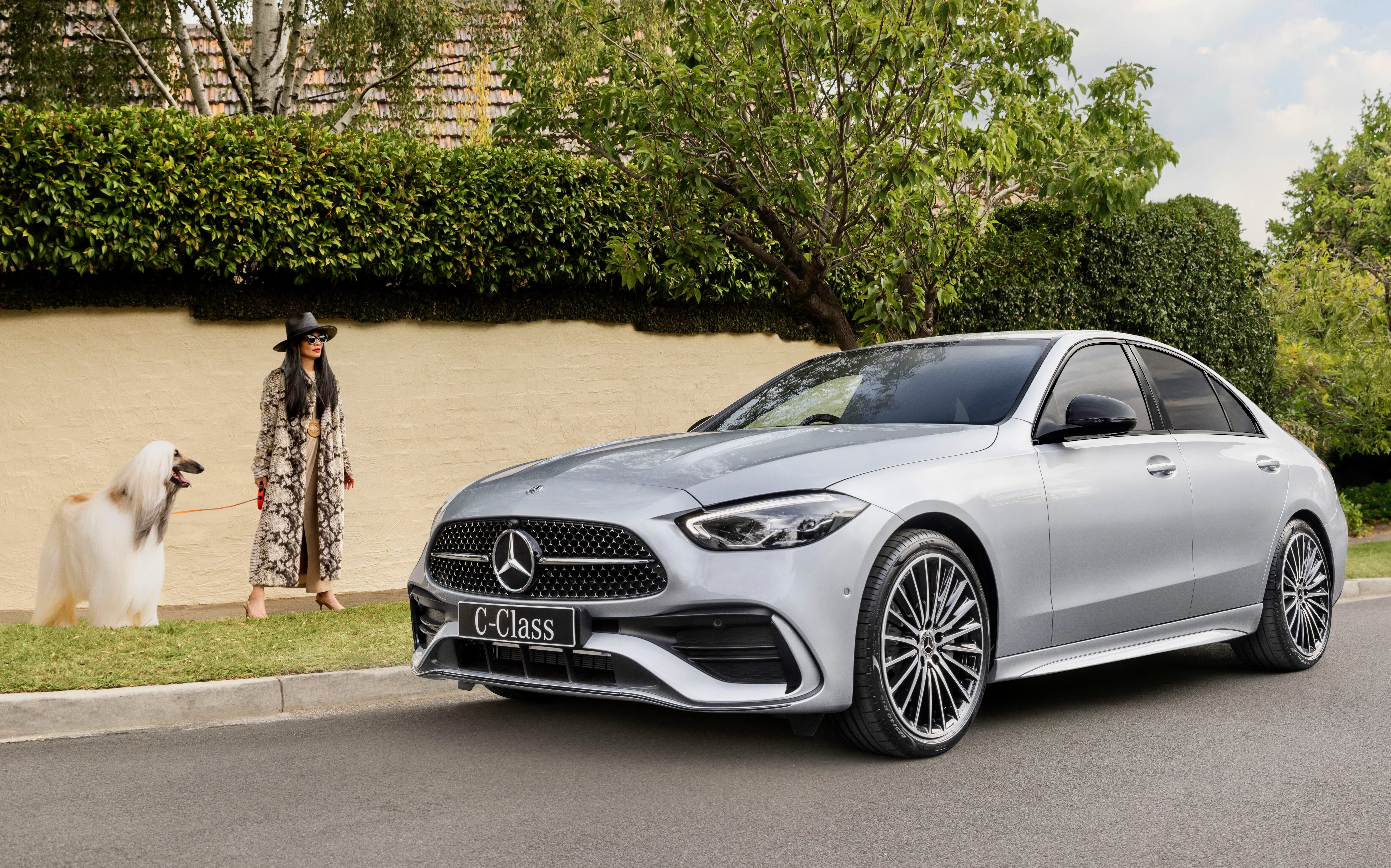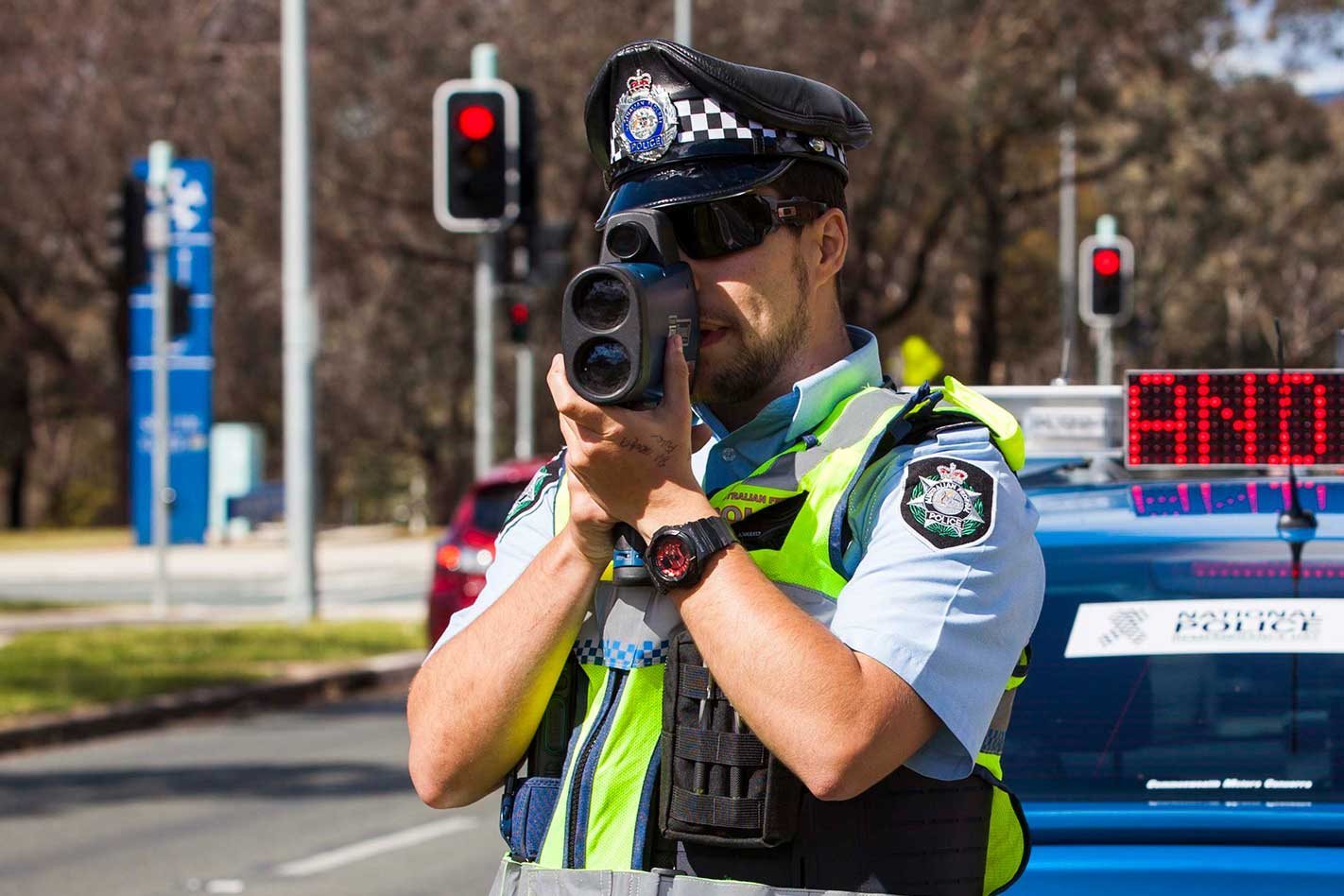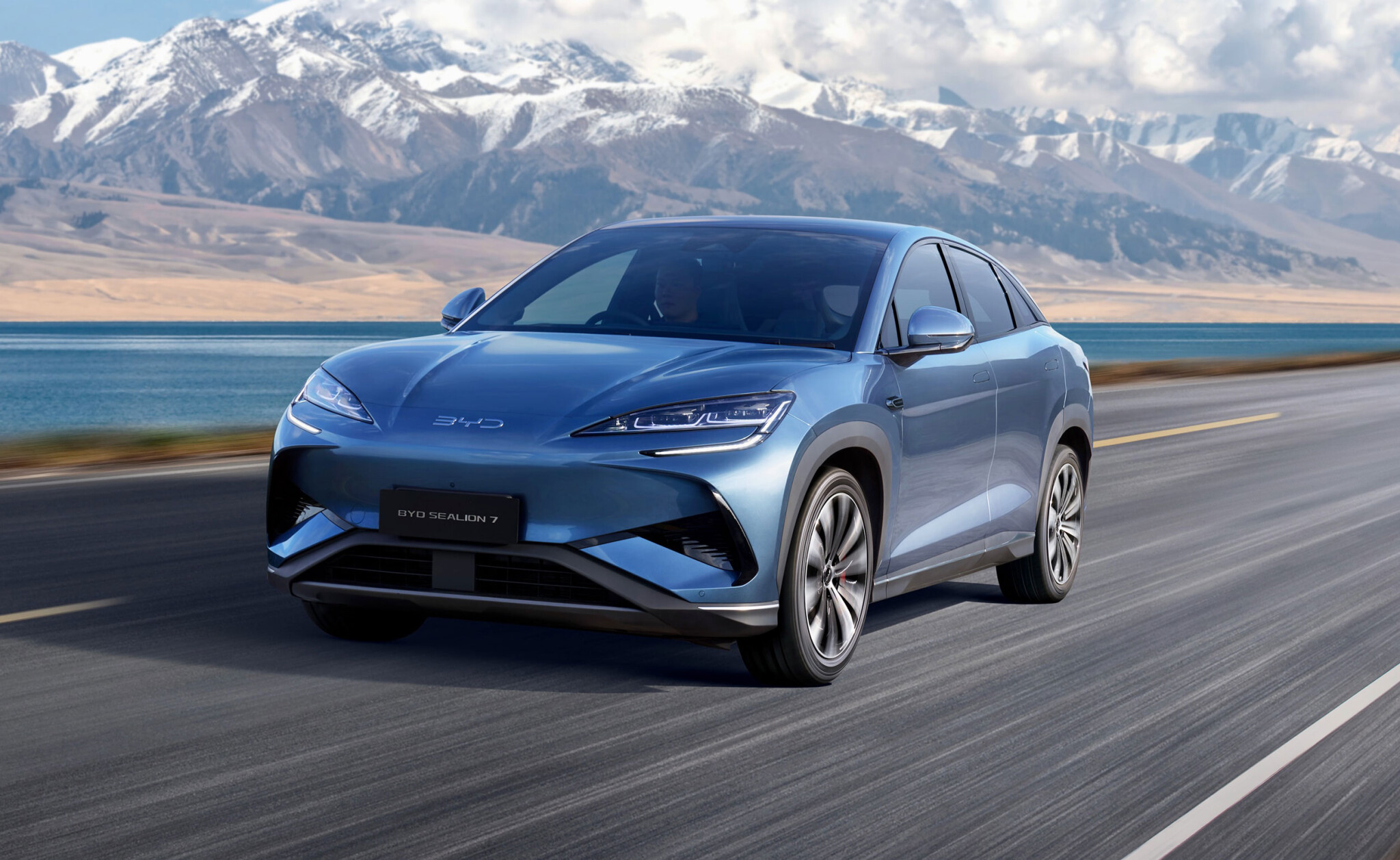AUSTRALIA’S appetite for luxury cars will provide an extra $220 million windfall for the Federal Government, the latest Budget figures show.
The Coalition yesterday released its Mid-Year Economic and Fiscal Outlook, a gauge of how the government’s revenue and expenditure measures weigh up against the official figures for the 2017-18 financial year released in May.
Opinion: The luxury car tax is a pain, but it is here to stay
The guesstimates that reach out to the 2020-21 financial year tell us one important thing: rumbles that the Government plans to scrap the controversial the Luxury Car Tax (LCT) appear misguided, with the federal bean counters anticipating the tax will skim more than $2.9 billion out of luxury car buyers’ bank accounts over the next four years – $220 million more than anticipated in the Budget.
The LCT is expected to raise $680 million this year alone – a rise of $30 million over budget forecasts – and $700 million next financial year, a rise of $60 million over the original Budget estimate.
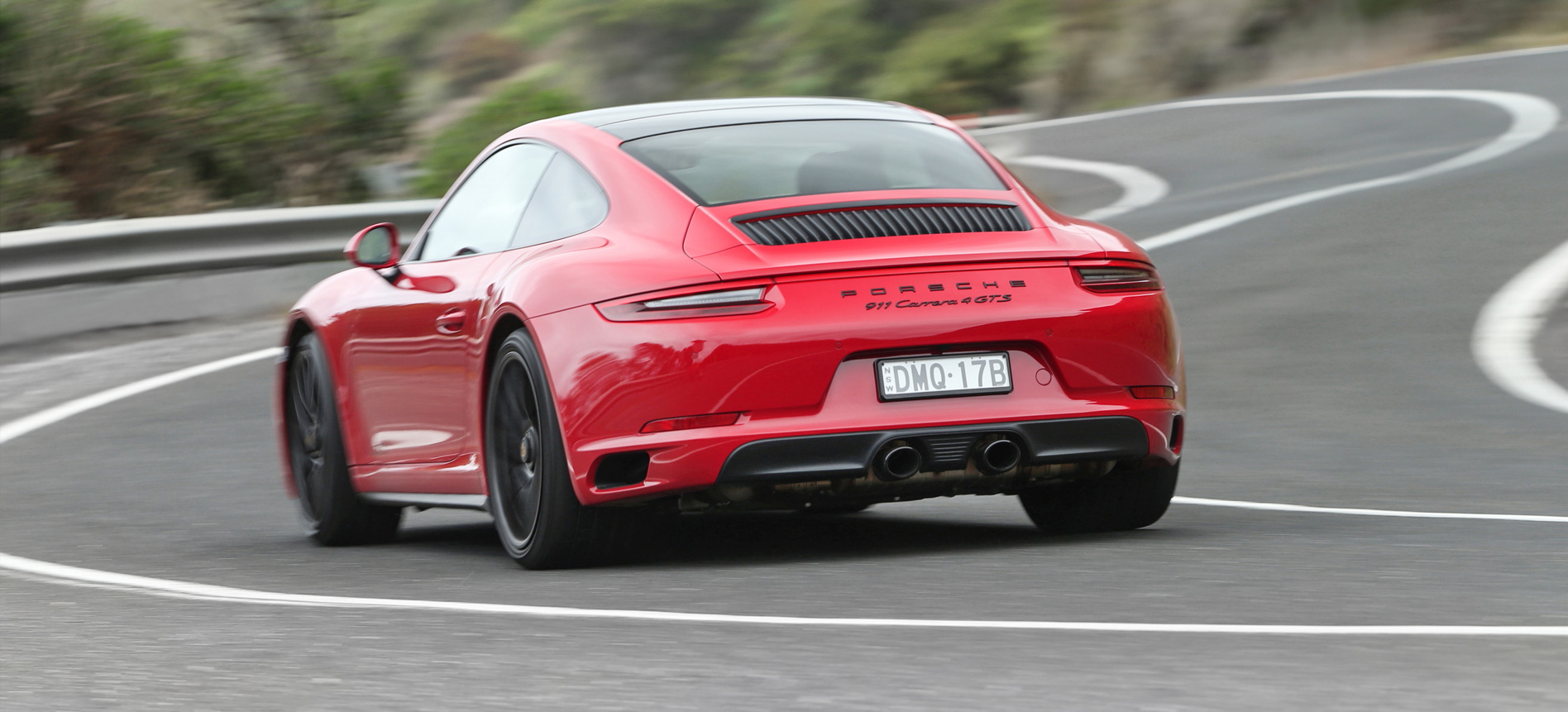
There’s some upside in the mid-year assessment, though. The amount of money raised via the twice-yearly adjusted fuel excise on petrol this financial year has revised downwards, falling from Budget estimates of $6.25 billion to just $6.2 billion, handing $50 million back to motorists. In following years, the amount of money raised by the excise is expected to fall significantly under the original estimates, saving motorists up to $300 million a year.
If you fuel your vehicle up via the diesel pump, however, be prepared to pay more into the government’s coffers. Despite sales of diesel-engined vehicles all but stalling in Australia, the revised budget figures show oil-burners will contribute up to an extra $100 million a year.

